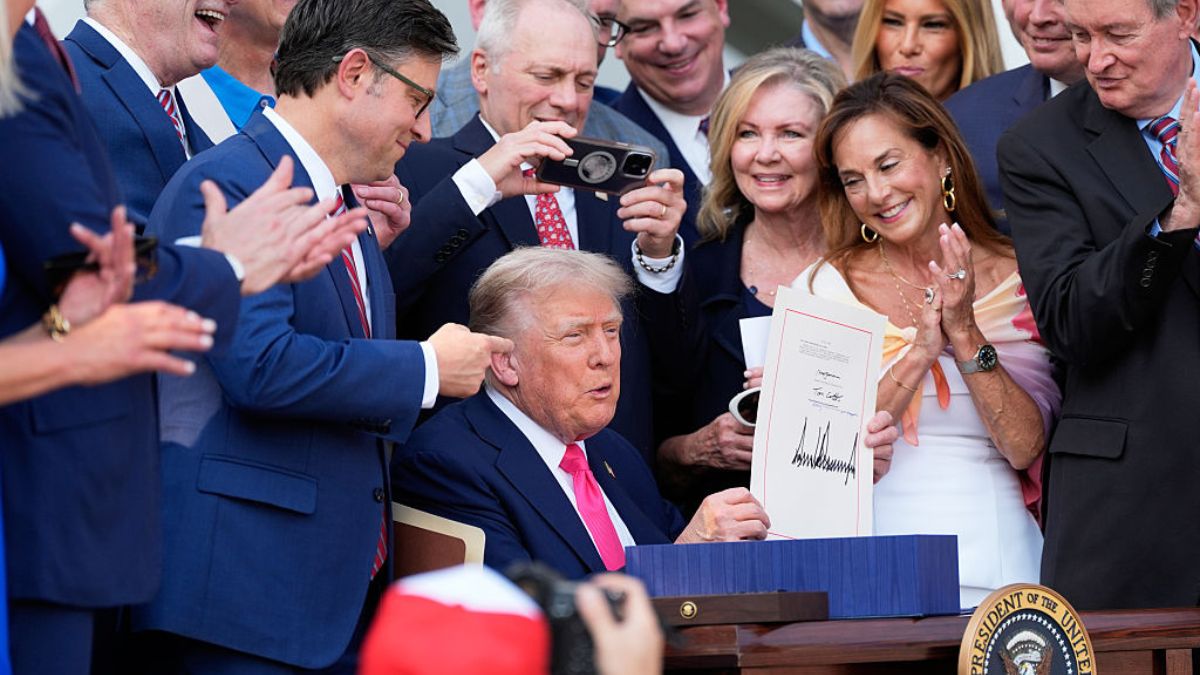
Democrats are finding it challenging to use Medicaid cuts as a campaign tool for the upcoming midterm elections, as most of the Republican-backed changes won’t take effect until after 2026.
According to Politico, the One Big Beautiful Bill Act, which includes significant changes to Medicaid, has been structured by Republicans in a way that delays the most controversial elements. Work requirements won’t start until 2027, and financing changes are pushed to 2028.
“If we say ‘they took it from you,’ but it hasn’t happened yet, it just complicates it,” said California-based Democratic strategist Doug Herman, highlighting the Democrats’ struggle to convince voters about the future impact of these cuts.
Rural hospitals and healthcare facilities could face early effects of the bill
While most cuts are delayed, some effects might be felt sooner, particularly in rural areas. In Kentucky, for example, six hospitals serving nearly 200,000 Medicaid enrollees could face funding disruptions before the major changes take effect.
Democrats are organizing roundtables and discussions to explain the future impact of these healthcare cuts. However, they acknowledge that their message would be more effective if the cuts were already in place. Former Kentucky state representative Cherlynn Stevenson, who is running for Congress, points out that voters need to understand that the bill’s provisions will come in waves.
Trump said the Democrats wanted to vote for the big beautiful bill, most of them, many of them, because it’s all good stuff. Democrats in both chambers were critical of the reconciliation package, constantly pointing to cuts to Medicaid and food assistance programs.
— Riggie711 (@riggie711) July 14, 2025
Republicans have included popular measures like tax breaks on tips in the bill, which they plan to use to counter Democratic criticism. This tactical approach reflects Trump’s divisive political strategy that often obscures harmful policies with popular distractions. The NRCC has accused Democrats of using “desperate and disgusting fear-mongering tactics” and emphasizes that many provisions in the bill are widely supported by voters.
Recent polling from KFF shows mixed public opinion about the changes. While 63 percent of independents believe the bill will remove healthcare coverage from those who need it, there is broad support for adding work requirements to the program. Adding to Democrats’ challenges is the fact that states use different names for their Medicaid programs, which might confuse voters about the source of the cuts. This communication complexity mirrors broader concerns about the administration’s ability to effectively communicate policy details.
Democrats maintain they will continue to campaign against the Republican vote, regardless of when the cuts take effect. As former Iowa State Representative Christina Bohannan stated, “People are not stupid. People are aware of what’s going on, and so we just have to make sure that people understand what’s going to happen here, and to hold people accountable for these votes.”







